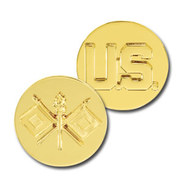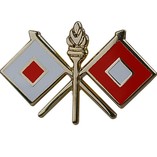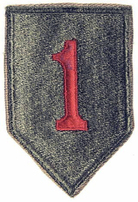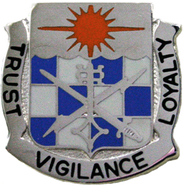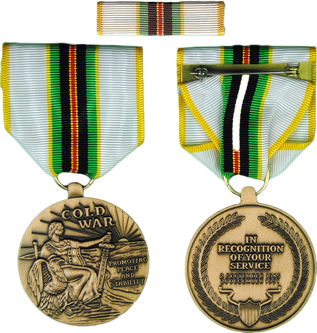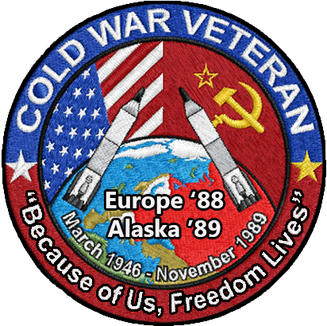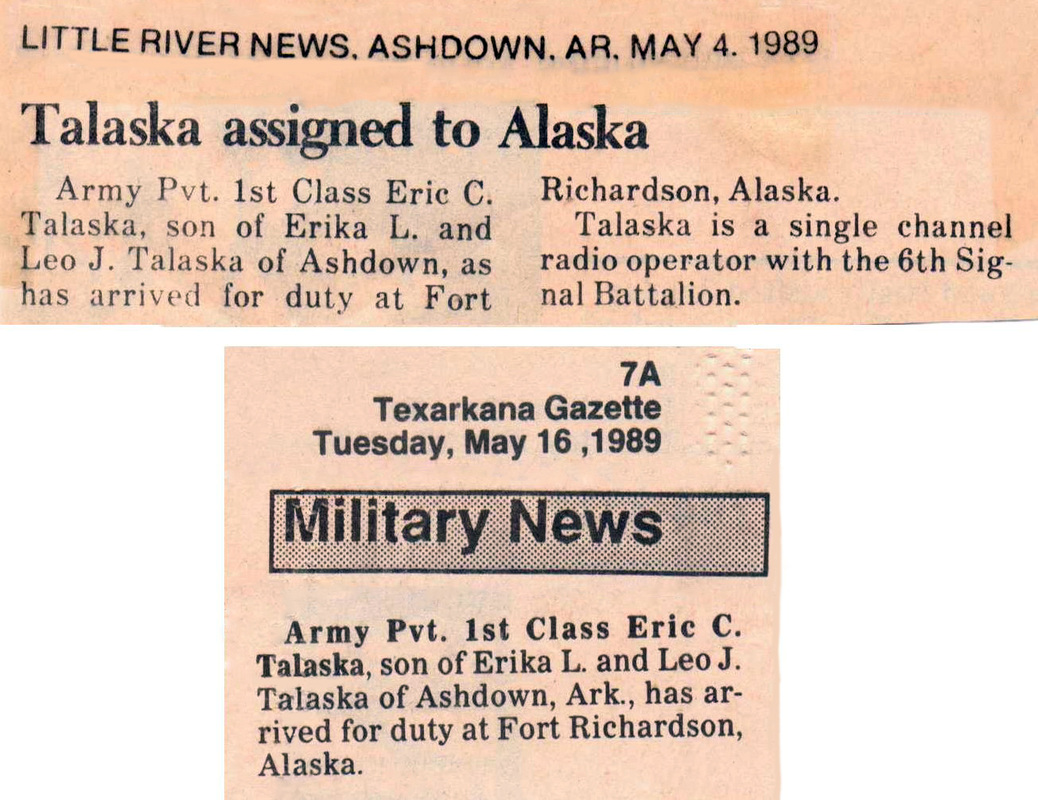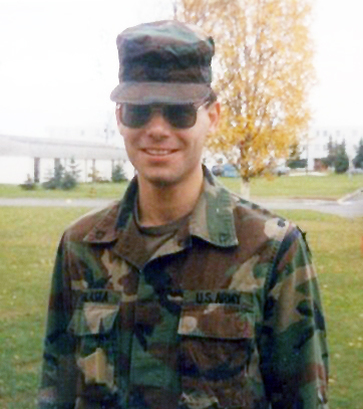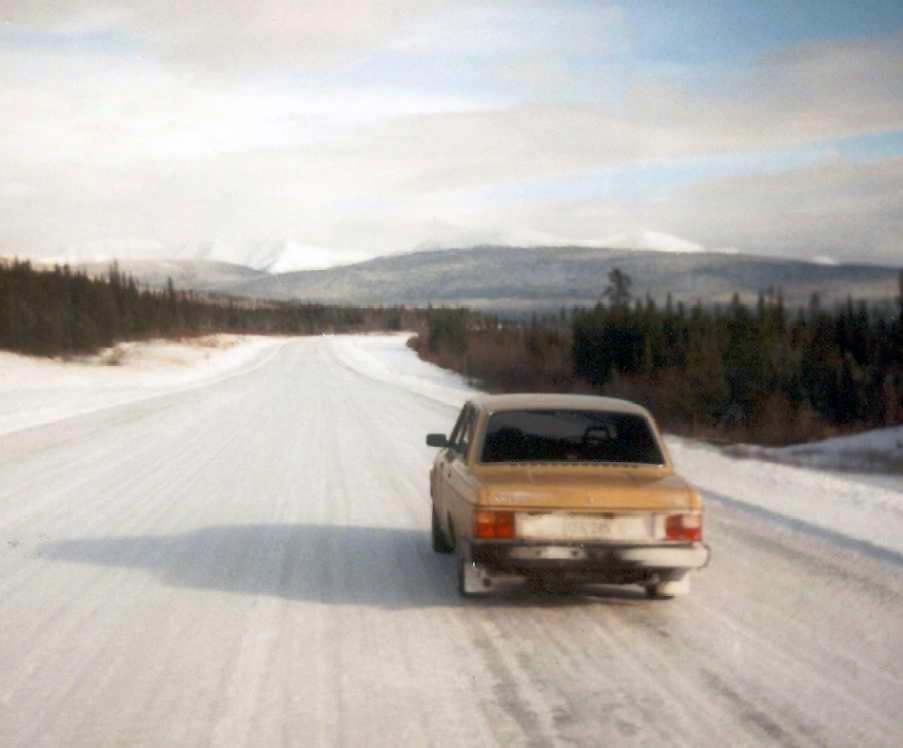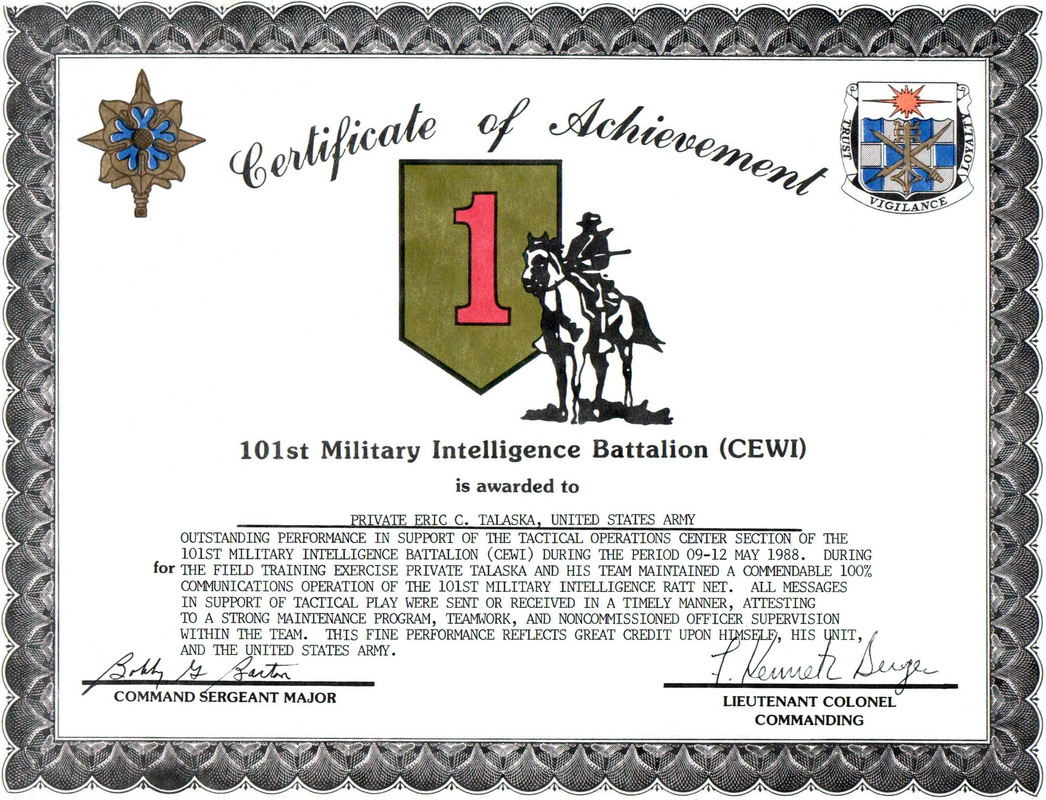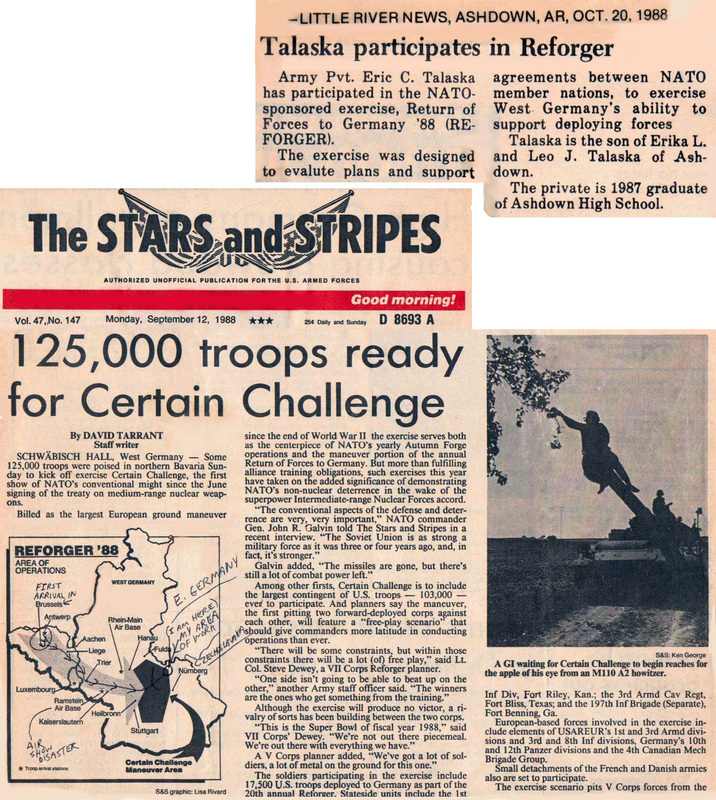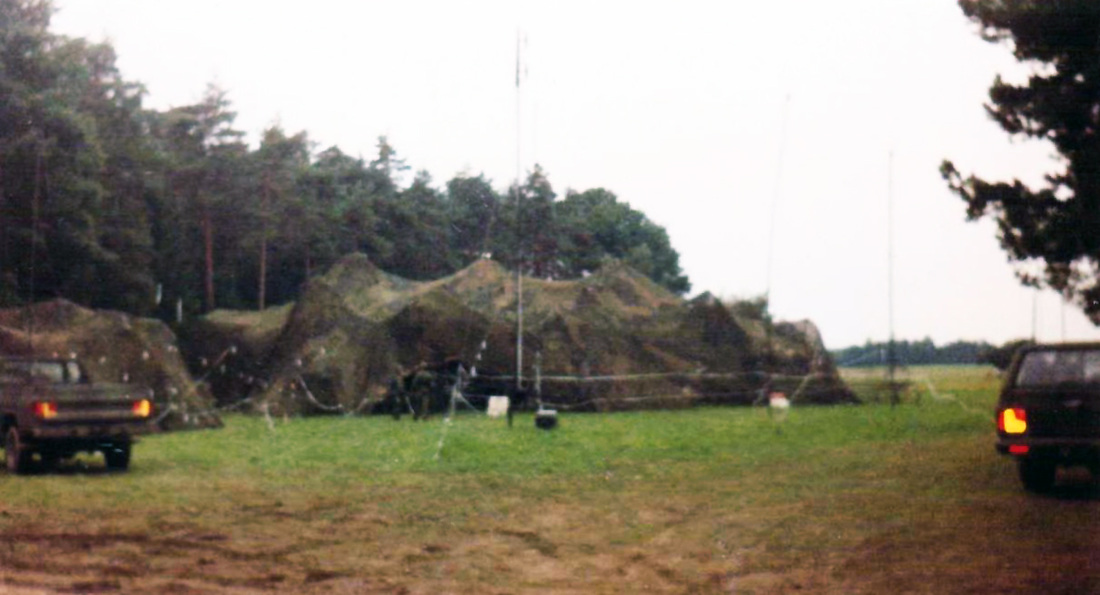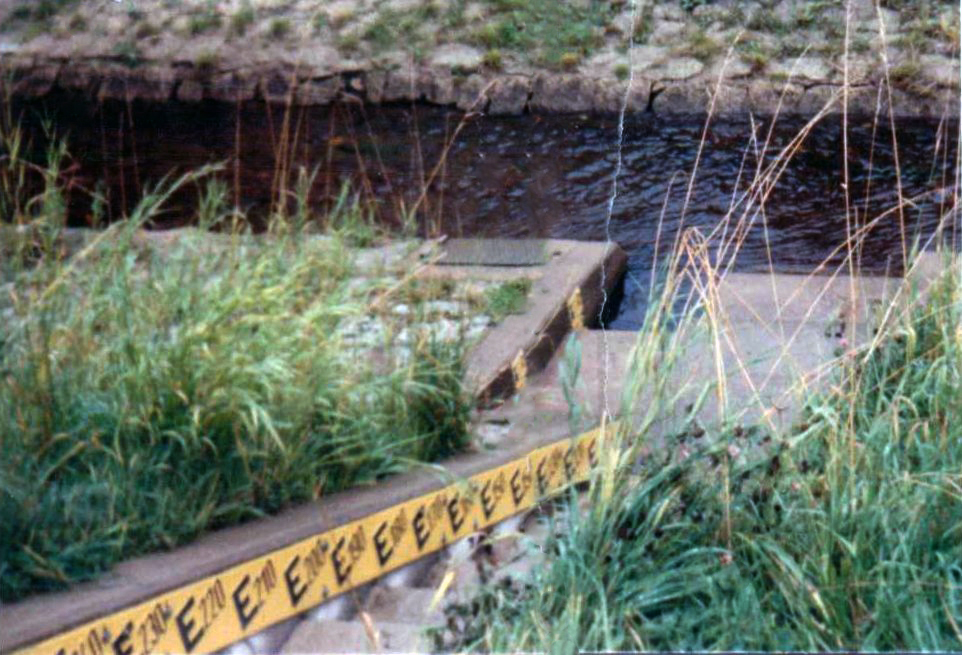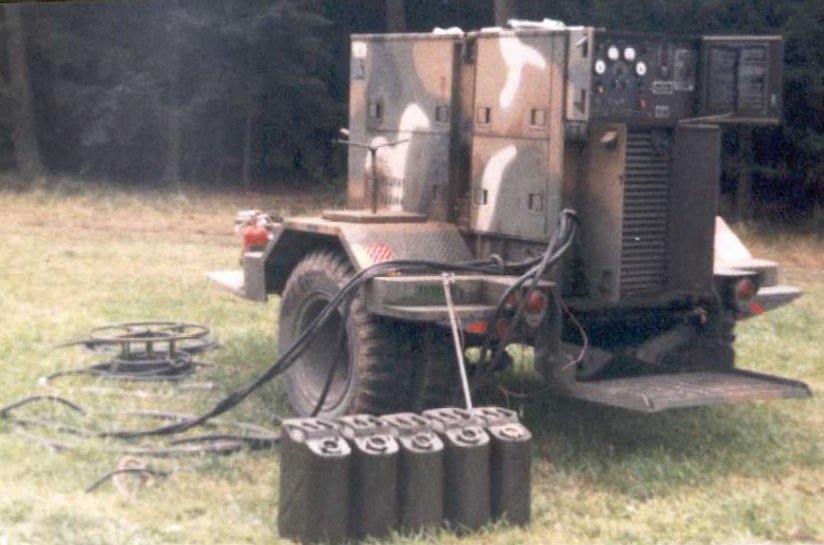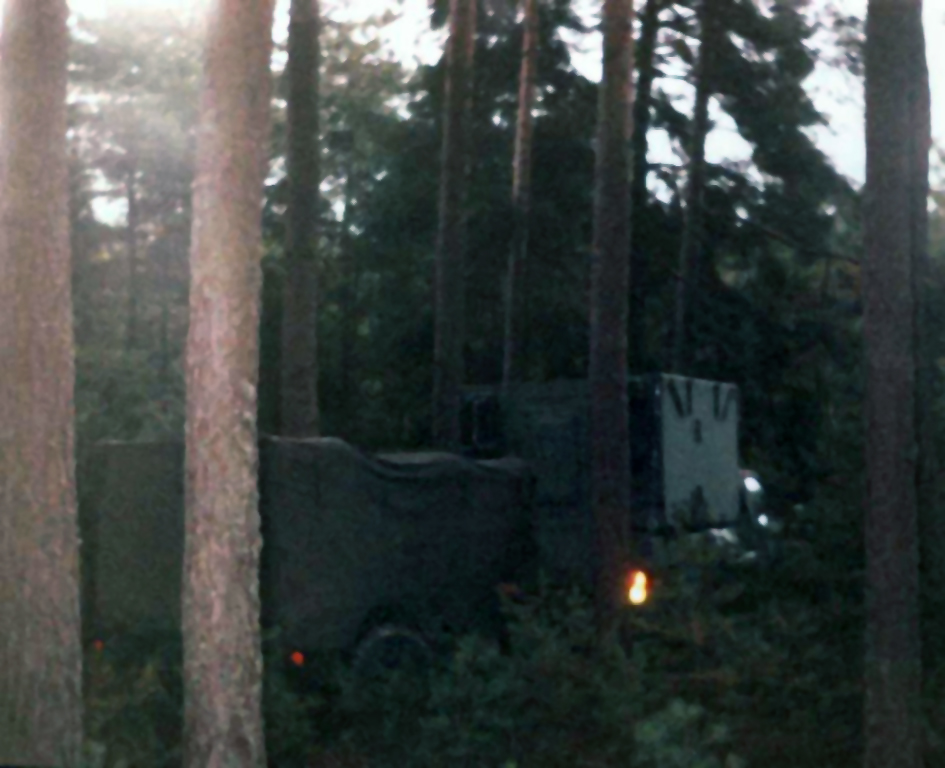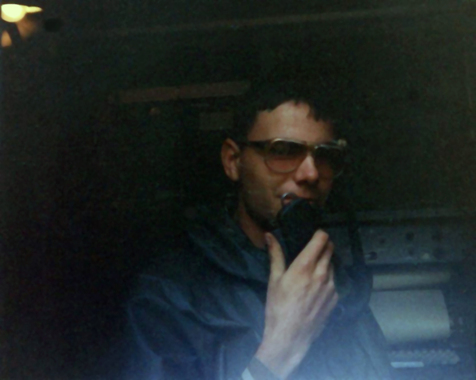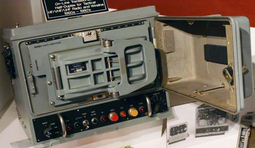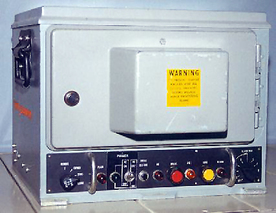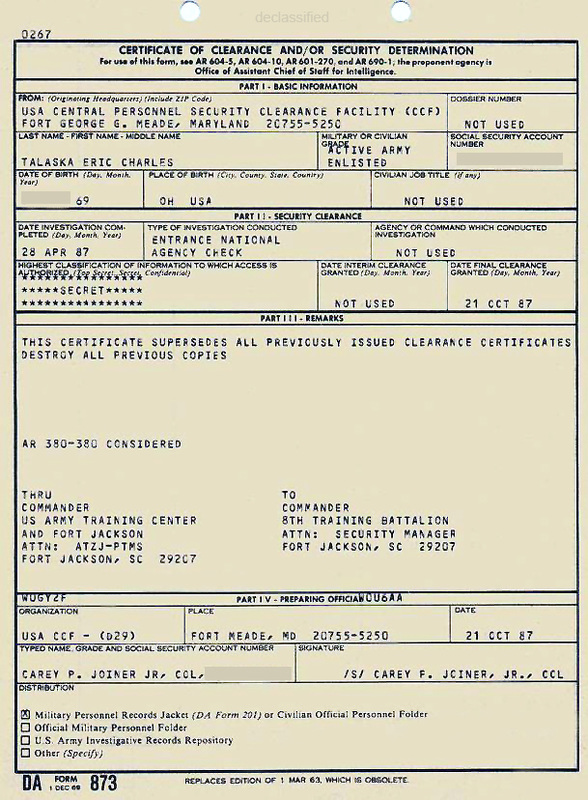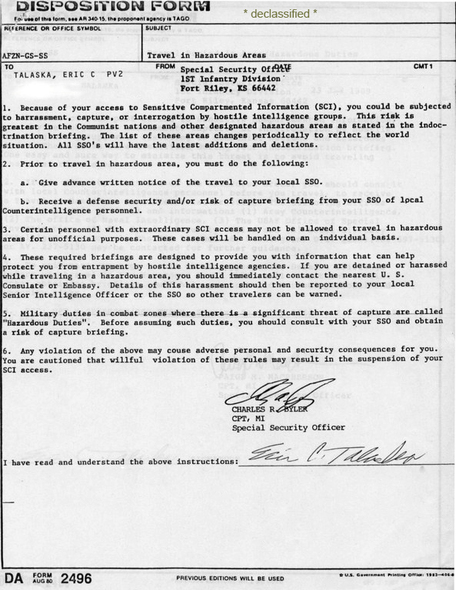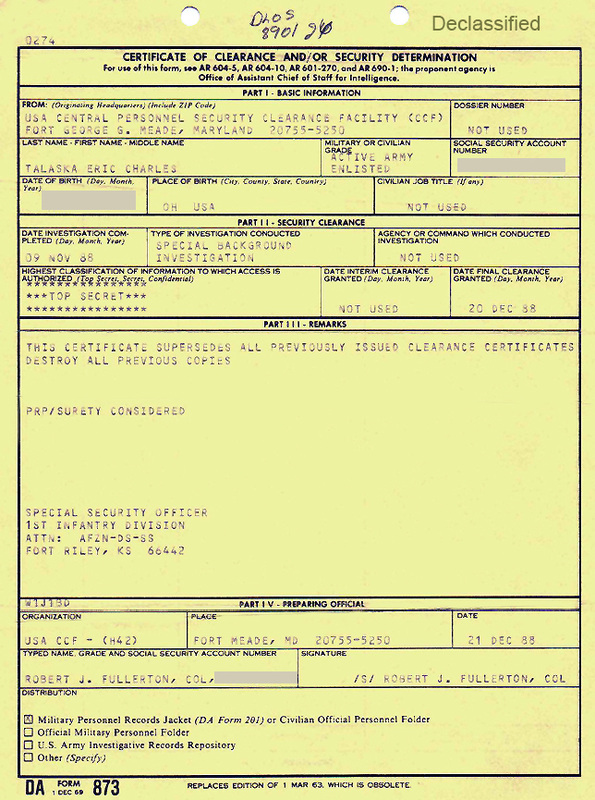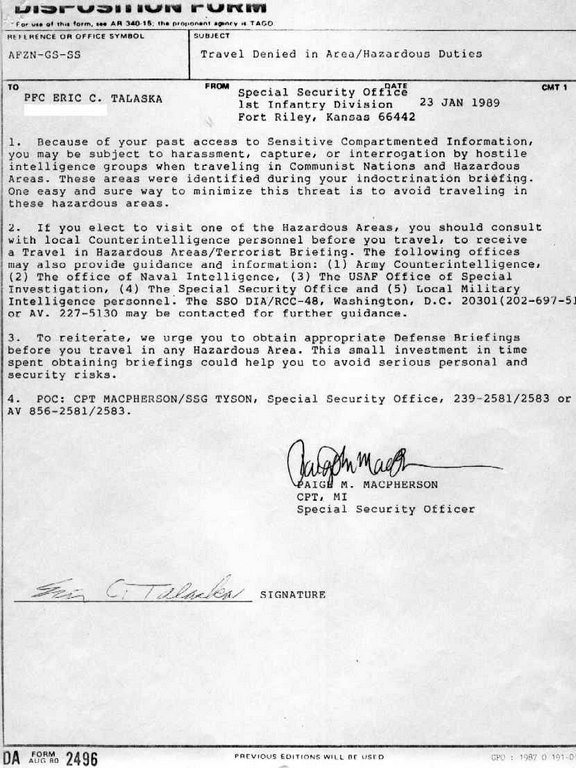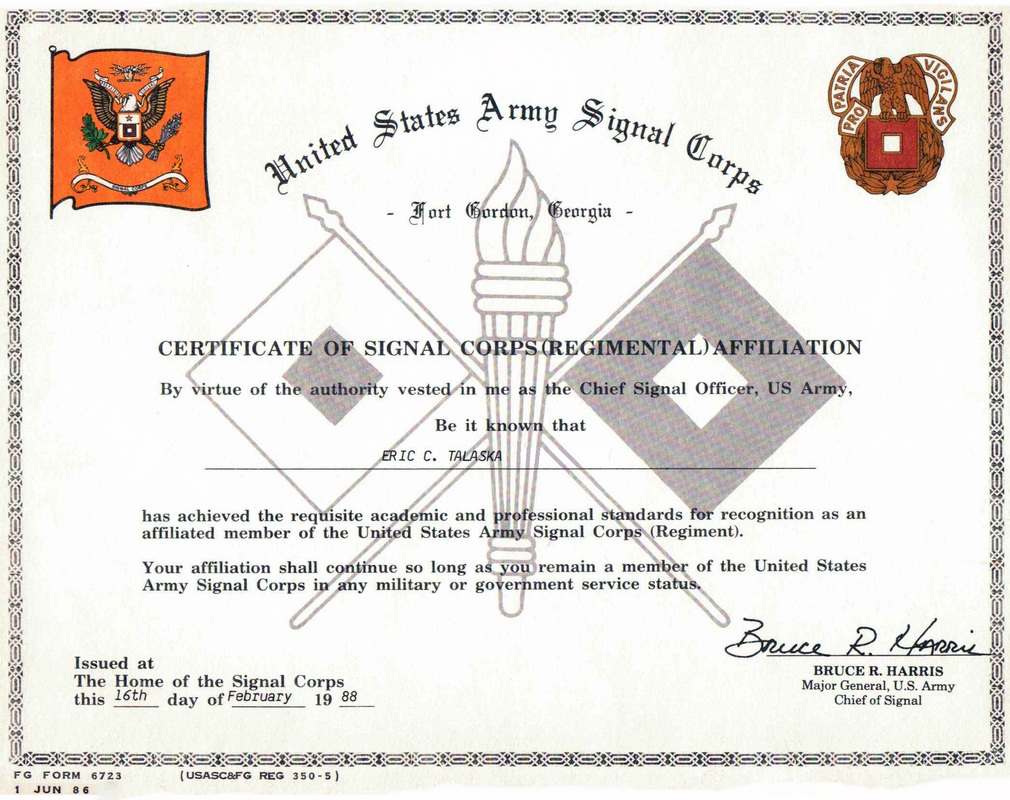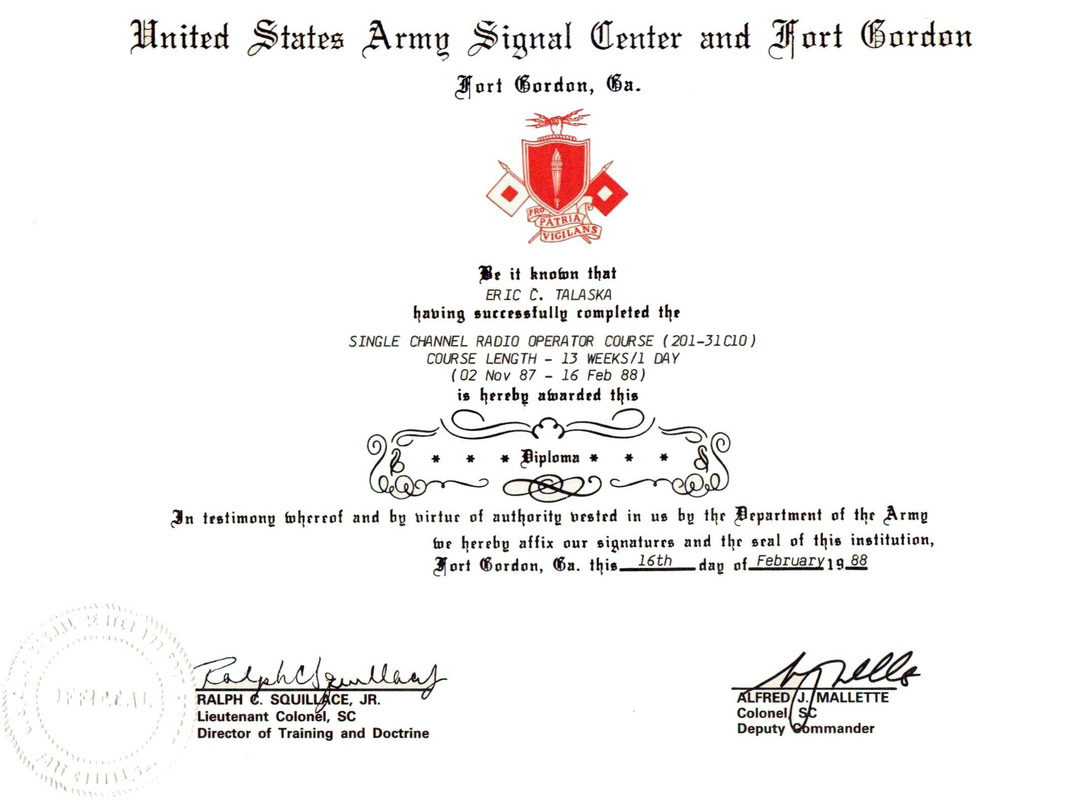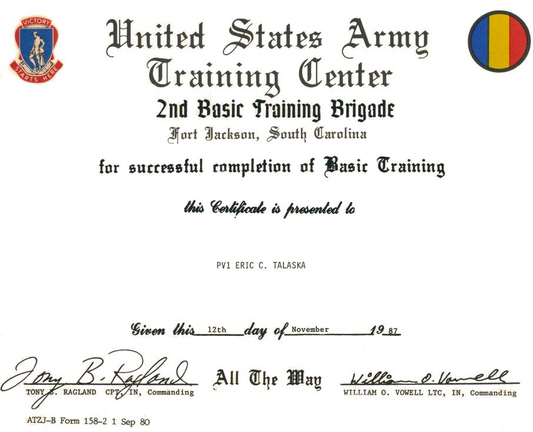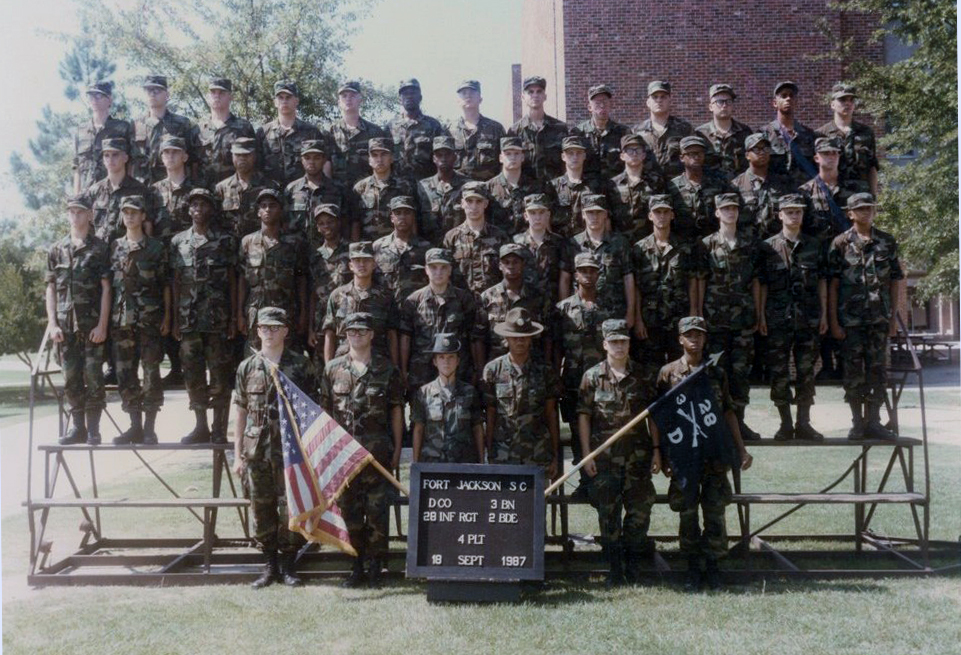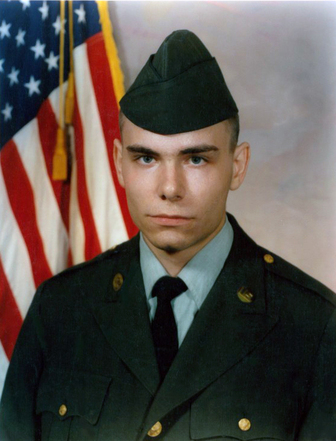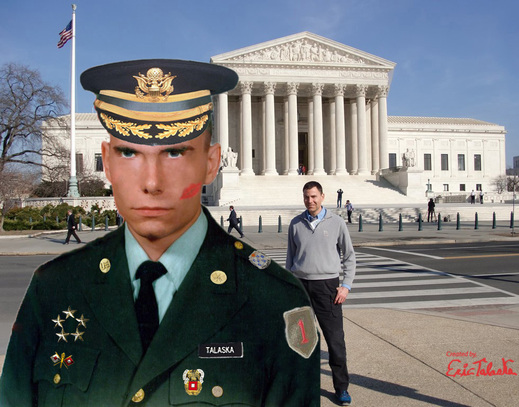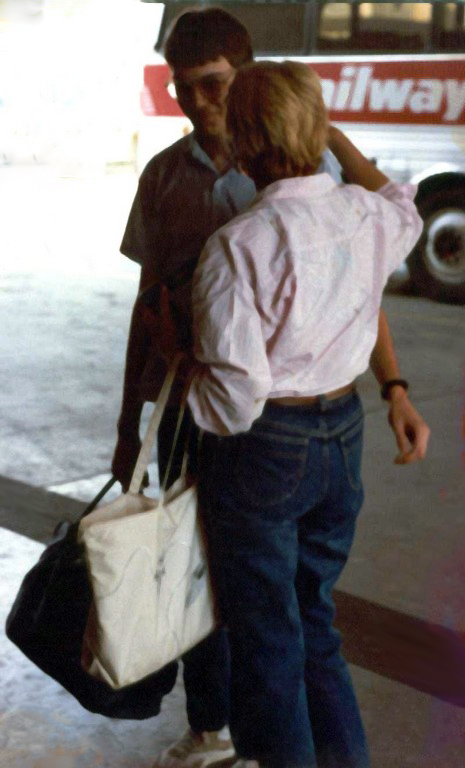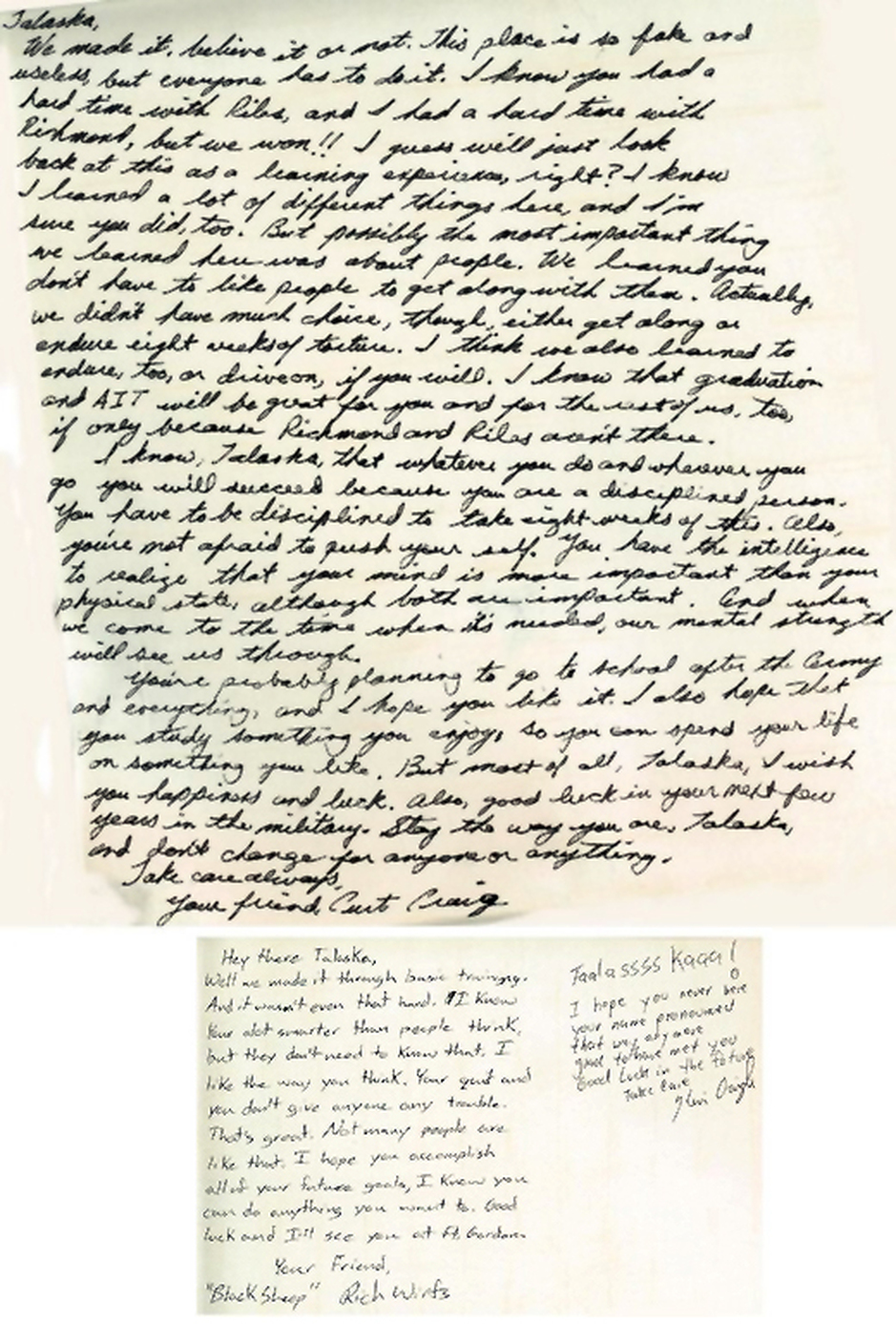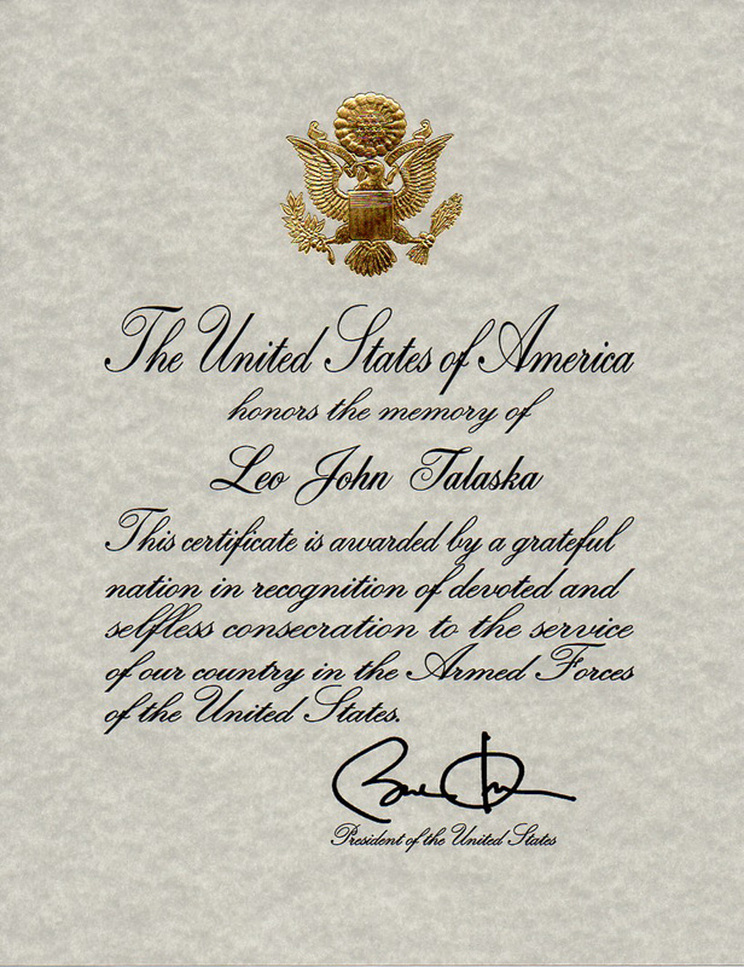Eric Talaska
US Army
US Army
Eric Talaska
US Army
US Army
Sept. 1987 - Oct. 1989 Active Duty
Cold War
Cold War
Oct. 1989 - Sept. 1995 Reserves & ROTC
Persian Gulf and Other Wars
Persian Gulf and Other Wars
31C Radio Teletype Operator
(Modern: Information Security)
No Prior Structured Organization Experience
No Prior Work Experience
Fresh out of High School
War reservist veteran, not a deployed combat veteran. While in the reserves during wartimes, I had to report my location and other status at all times, keep my uniforms, etc. thus retained status of "uniformed military personnel".
Quickly quit ROTC at the U. of Arkansas in 1994
because it seemed ridiculous the way the sergeant in charge was conducting the classroom
Quickly quit ROTC at the U. of Arkansas in 1994
because it seemed ridiculous the way the sergeant in charge was conducting the classroom
Official Issue Awards & Insignia
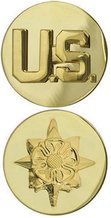
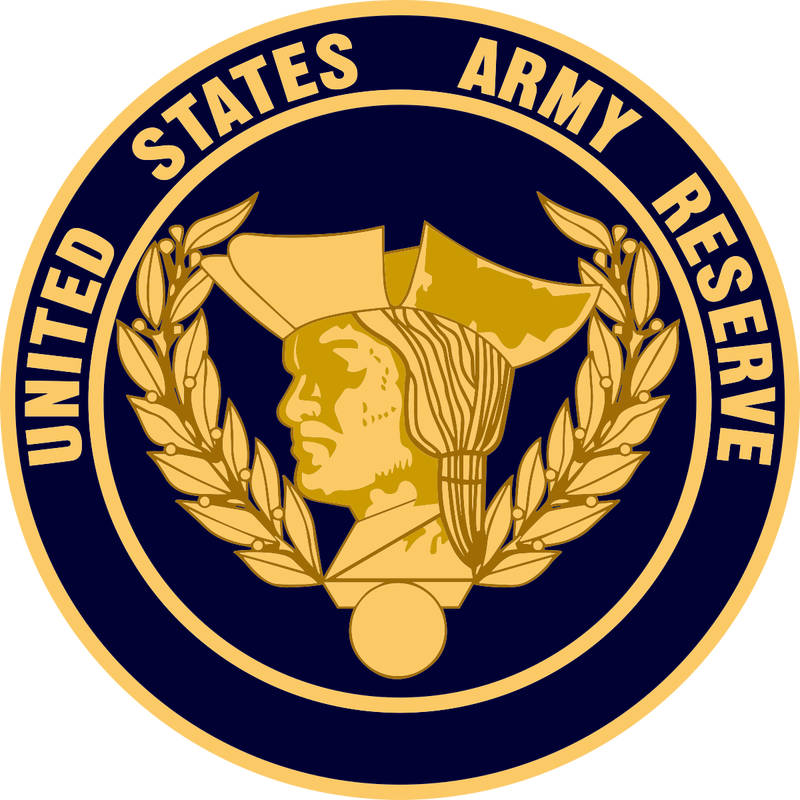
Cold War Era & Foreign Service Unofficial Awards
U.S. Army, Private First Class - minimal authority over others, but extremely high accountability, high responsibilities, 31C10 Radio Teletype Operator, age 18 to 20, 1987-1989Signal Corps - 6th Signal Battalion, Fort Richardson, Alaska, 1989The Big Red One, 1st Infantry, Fort Riley, Kansas, 1988101st Military Intelligence Batallion, CEWI (Combat Electronic Warfare Intelligence), 1988ReForger '88 Cold War Deployment (Retogetherness of Forces in Germany), 1988NSA / USA CCF - Fort Mead, Maryland; no expiration dates, but assume only during active dutyTop Secret, codes 0274, W1J1BD, DA 873, Robert J. Fullerton, Col., 12/20/1988Plus levels TS-SCI, TS-SI (Special Intelligence) and TS-SBI, "Eyes Only"Restricted travel in hazardous areas, briefings, DA 2496Sensitive Compartmented Information (SCI) Billet # 125100638, DD 1847-1, 7/19/1988Secret, codes 0267, WOGY2G, WOU6AA, Carey P. Joiner, Col., 10/21/1987
Reserve Service Documents During Wartimes
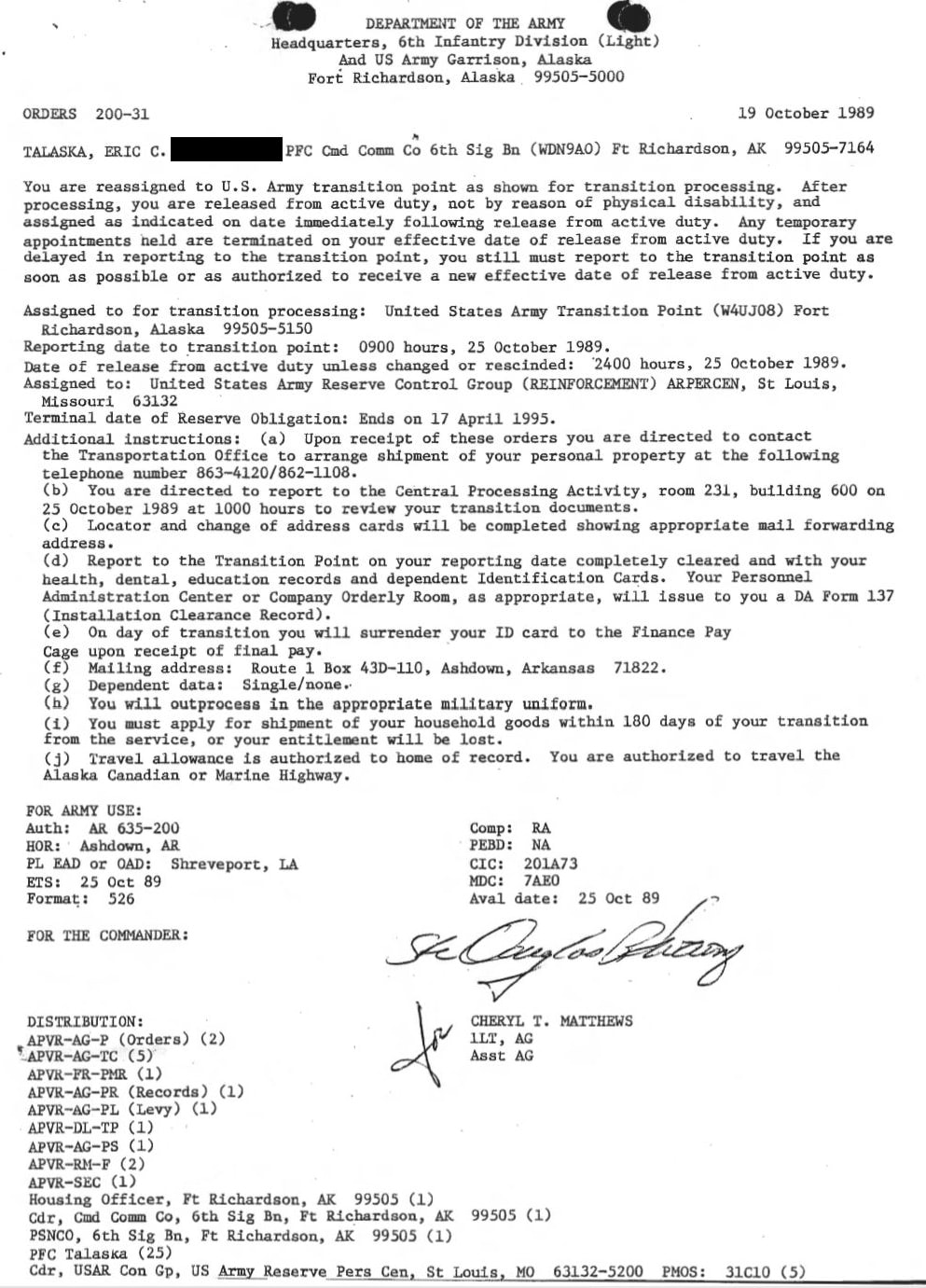
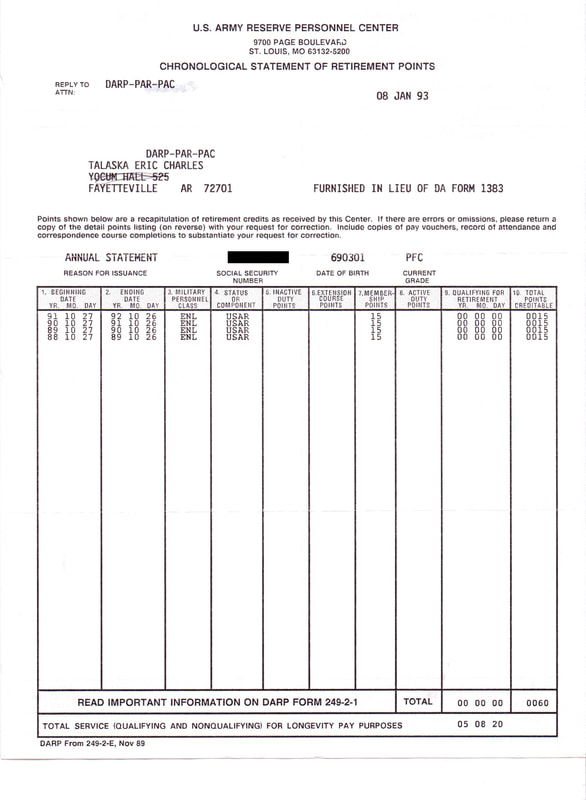
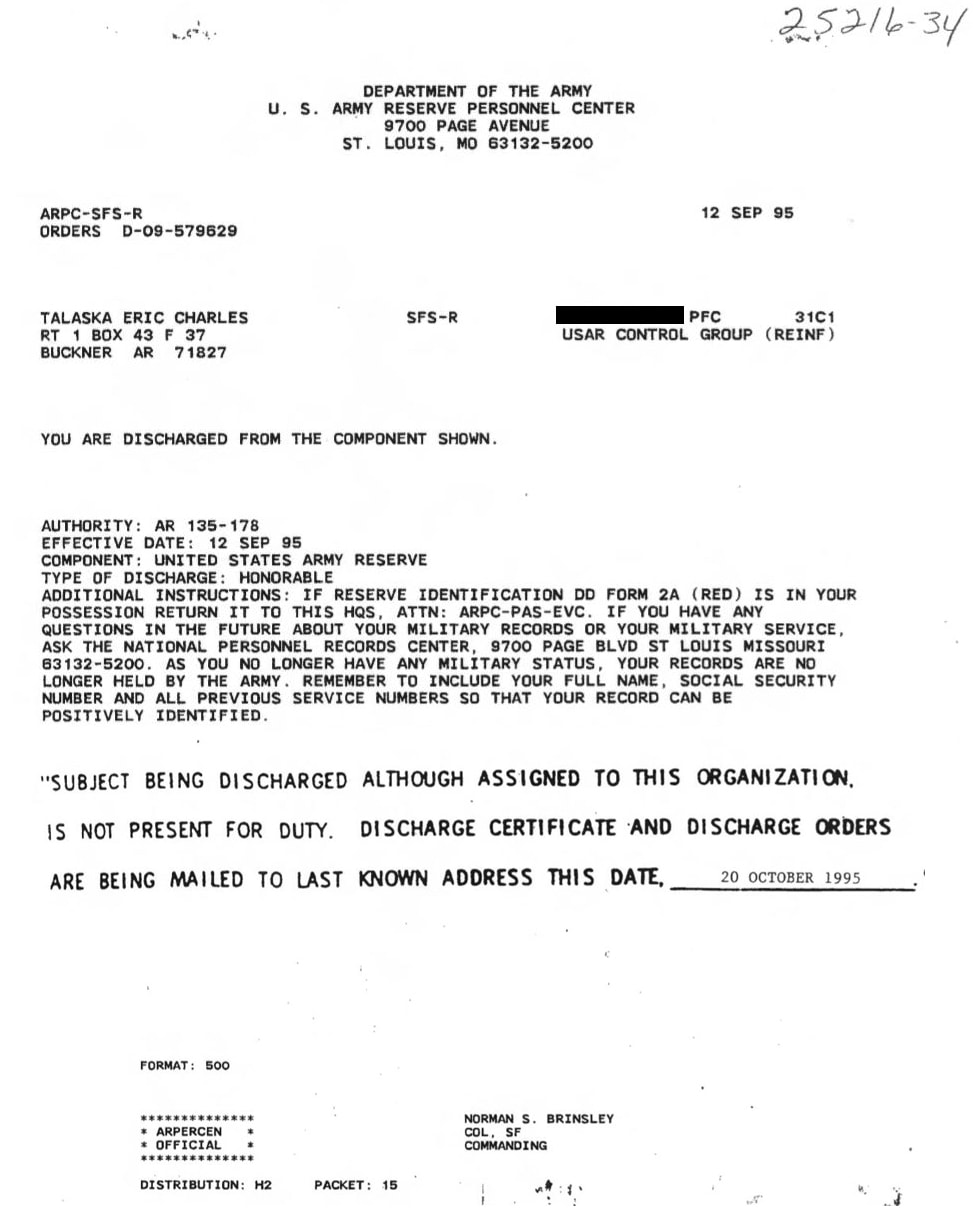
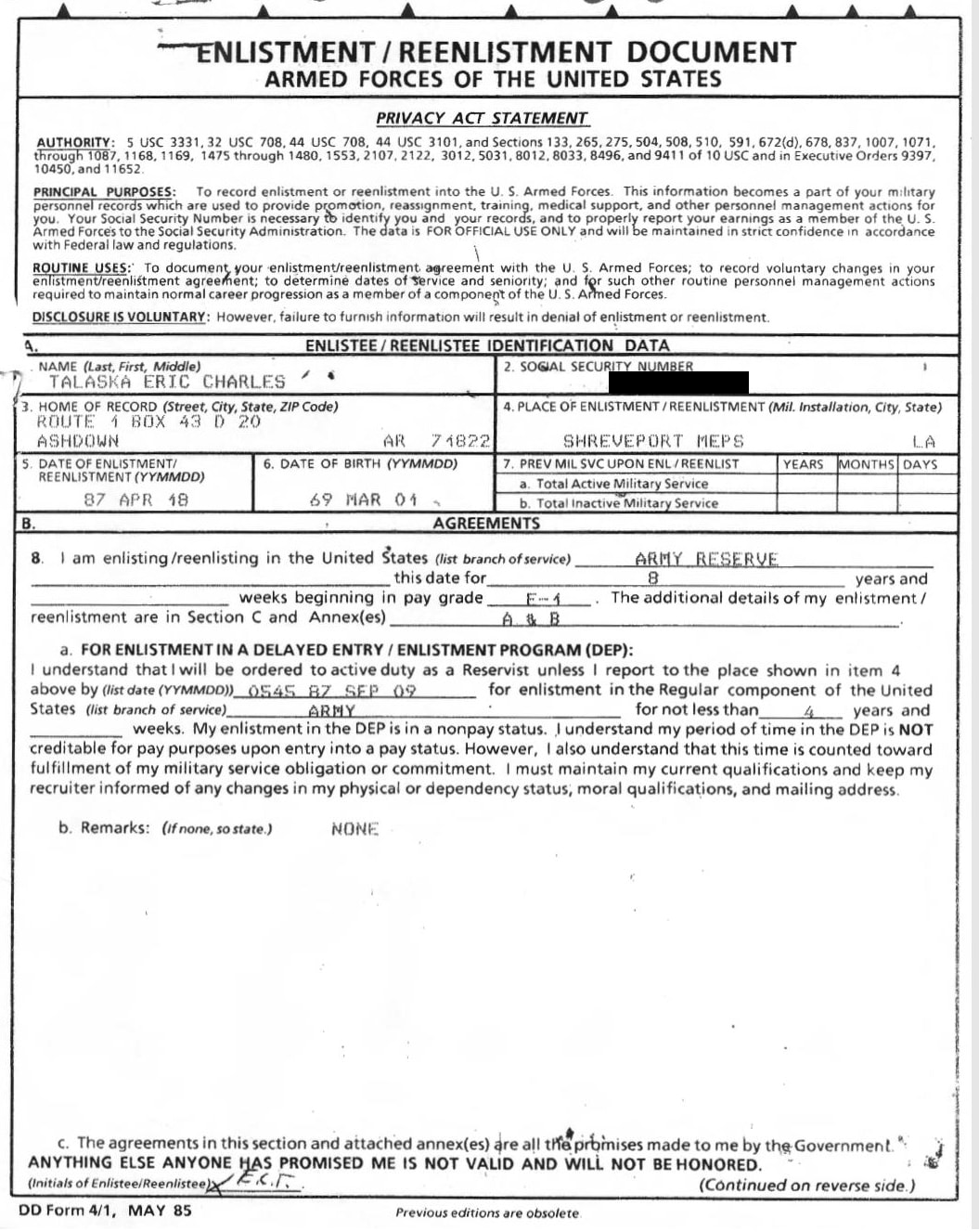
Everyplace I have been when in the Army was of a very serious and tense atmosphere. I was never in a laid back environment. There was always a very real threat of easily getting in big trouble over petty things. I was always being watched and other frequently snooped through my belongings. I was defending freedom, but yet had none myself.
The Army gets a lot of credit for my continuing education. They had encouraged me all throughout my time and paid for some of it. It's just too bad they discouraged me to the point of leaving because all that expensive training ended up not being for their organization. Much later in 2013 I discovered the VA was available to cover most of my medial needs, few as they were. I also took advantage of the "VRAP" program in 2013 to continue education in web development, graphics design and environmental science.
The Army gets a lot of credit for my continuing education. They had encouraged me all throughout my time and paid for some of it. It's just too bad they discouraged me to the point of leaving because all that expensive training ended up not being for their organization. Much later in 2013 I discovered the VA was available to cover most of my medial needs, few as they were. I also took advantage of the "VRAP" program in 2013 to continue education in web development, graphics design and environmental science.
At first I felt guilty getting VA benefits for only serving two years a long time ago, but then I thought about how little I got paid for doing such extremely difficult, high skill, high responsibility and dangerous work. Many VA benefits are for life; valuable perks having served the country to defend freedom. I had the
privilege
to ride in a helicopter once.
Alaska Foreign Service, 1989

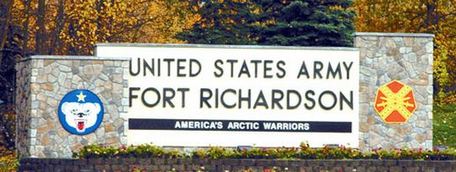
I was sent to Alaska for a confidential reason I still don't quite understand. My peers were envious because they wanted out of Fort Riley. I drove my Volvo through the west (Hollywood, etc.) and up Seattle where they shipped my car to Anchorage. Alaska was a lot of fun, particularly going to the “beech” (black dirt), Wasilla and Eagle River. The mountains were incredibly high and steep. Fortunately I was only there during the summer months. I got to see the northern lights just a little bit. I never felt an earthquake. I got to snow ski once.
When in Alaska, I attended college for the first time and attempted to go to Officer Candidate School (OCS), but was denied because of “affirmative action”. That was discouraging for me and made me want to exit the Army. I was also frustrated because they would not let me do my radio operator job, but rather other tasks such as cleaning.
I found a way to get out honorable two years early against the advice of my peers by filing out paperwork stating I need to help my sister with her psychological problems back home. Most said there's no way this would work, but it did and I got out early. At that time it was very hard to get out early. I did go and help my sister while I worked my next job in a tire factory. Even though I worked very long, tough hours, I drove long distances to help her frequently.
When in Alaska, I attended college for the first time and attempted to go to Officer Candidate School (OCS), but was denied because of “affirmative action”. That was discouraging for me and made me want to exit the Army. I was also frustrated because they would not let me do my radio operator job, but rather other tasks such as cleaning.
I found a way to get out honorable two years early against the advice of my peers by filing out paperwork stating I need to help my sister with her psychological problems back home. Most said there's no way this would work, but it did and I got out early. At that time it was very hard to get out early. I did go and help my sister while I worked my next job in a tire factory. Even though I worked very long, tough hours, I drove long distances to help her frequently.
The ALCAN Highway 1 upon discharge in October, 1989 - drive back to Arkansas
Good thing I didn't try this much later in the winter!
Good thing I didn't try this much later in the winter!
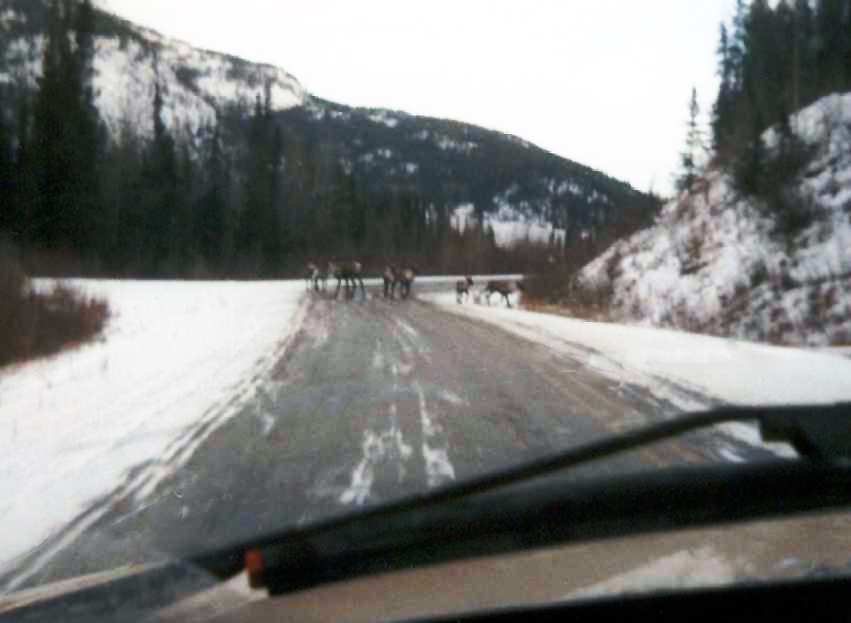
101st Military Intelligence - Combat Electronic Warfare Intelligence (CEWI)
Fort Riley, Kansas
Fort Riley, Kansas
When in Fort Riley, Kansas, my attitude started to turn sour when a racist promotable Specialist (Patrick Plummer) and an E-5 Sergeant (Luke Davidoff) in charge of me was hostile. Luke often harassed me for "rationalizing". My company commander, Captain Deborah Kudelka-Flemming stood up for me somewhat. I operated a "KWK-7", aka "KW-7", aka "Orestes" NSA encryption security machine. I was issued security clearances layers above top secret called "Secret Compartmentalized Information (SCI)", "Special Intelligence (SI)" and "eyes only" by the NSA in Fort Meade, Maryland. That all sounds really interesting, fun and cool, but it really was not at all. It was extremely dangerous with hostile bosses monitoring nearly every move I made even when on and off duty. I felt great fear of capture by hostile enemies. I had to go through security briefings where they put me in a secret room underground, made me watch videos and analyzed how I reacted to the videos. I also had to sign papers that warned me I could be captured by hostile foreign foes at any time.
In the fall of 1998, I was sent to “Reforger '88”. They made me carry an M-60 (heavy and large) machine gun with tripod on a commercial jet which was very strange. When in Germany, I walked on some trails where I became paralyzed from the waist down and couldn't walk. I prayed to God to let me walk again and I was suddenly able to. This strengthened my faith in a higher power, but not necessarily a tie to any religion. I was fortunate enough to attend Oktoberfest and at that time my height made me stick out as the Germans were short.
What was so strange about working in Fort Riley is that every time I did something really wrong such as drive my machine gun around in my personal car, little was said or done, but when I did something really insignificant, I would get harassed, for example, I was demoted for disobeying a direct order to bury a nefarious boss's cigarette butt. That was unnecessarily dramatized and absurd. Someone high up noticed this, reestablished my rank and put in an order to reassign me to Alaska during the best time of the year to go there.
In the fall of 1998, I was sent to “Reforger '88”. They made me carry an M-60 (heavy and large) machine gun with tripod on a commercial jet which was very strange. When in Germany, I walked on some trails where I became paralyzed from the waist down and couldn't walk. I prayed to God to let me walk again and I was suddenly able to. This strengthened my faith in a higher power, but not necessarily a tie to any religion. I was fortunate enough to attend Oktoberfest and at that time my height made me stick out as the Germans were short.
What was so strange about working in Fort Riley is that every time I did something really wrong such as drive my machine gun around in my personal car, little was said or done, but when I did something really insignificant, I would get harassed, for example, I was demoted for disobeying a direct order to bury a nefarious boss's cigarette butt. That was unnecessarily dramatized and absurd. Someone high up noticed this, reestablished my rank and put in an order to reassign me to Alaska during the best time of the year to go there.
REFORGER '88 "Certain Challenge" (Return of Forces to Germany)
Reforger 1988 was billed as the largest NATO Exercise - European ground
maneuver since the end of World War II as 125,000 troops were deployed.
maneuver since the end of World War II as 125,000 troops were deployed.
Declassified (Partly Censored) Obsolete NSA Security Clearance Documents
Battalion Motto: "Give a Damn"
2-150. MOS 31C - Single Channel Radio Operator - Maintainer
Federal civil service classification is for radio operator is GS 0389
Job Description:
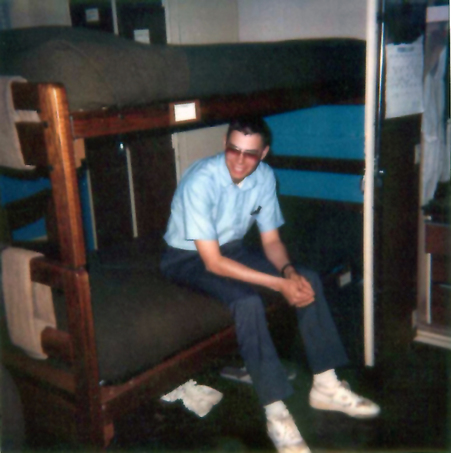
Unit Motto "Black Lions"
In 1987, A friend in high school referred me to SSG De Jesus as my recruiter. I was processed in Shreveport, Louisiana where my roommate was Jesus-like (could send "energy" through my body by shaking hands. I joined the U.S. Army in 1987 because they let me choose the second choice job I wanted and where to be stationed. I should have chosen Hawaii. My first job choice was to be a helicopter pilot, but they claimed I couldn't for failing a color vision test. I never had any color vision problems so the test was wrong. I wanted to become a high ranking career officer with much power to make the world a better place. As a child I researched military ranks in the family encyclopedia set. I had high confidence in my qualification for such. My “ASVAB” or "GT" (General Total) score right after high school was 109 which as just under one point to enter officer training. This was an unusually high score for someone who performed poorly in grade school.
My attitude was very positive throughout basic and job training and I was treated well except for not having any privacy or freedom. During basic training my “basic buddy” (Mr. Bates) shot himself dead on purpose, so they counseled me to see if I was OK and I was. He as well as many others couldn't handle the stress and challenges.
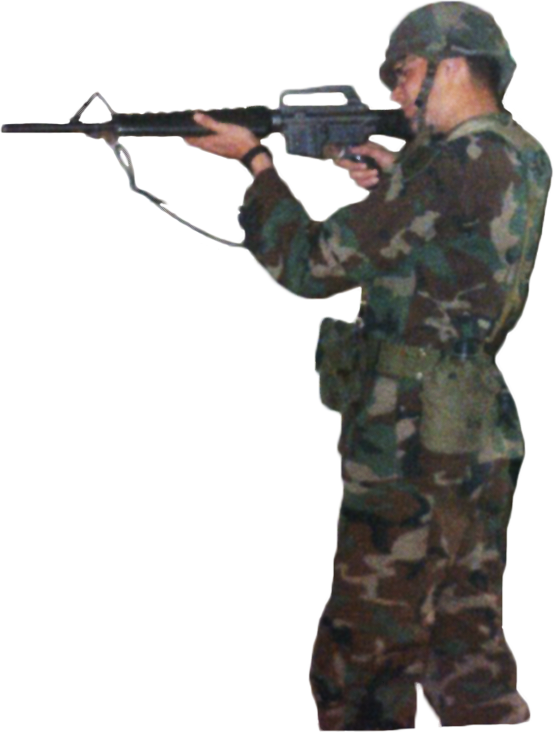
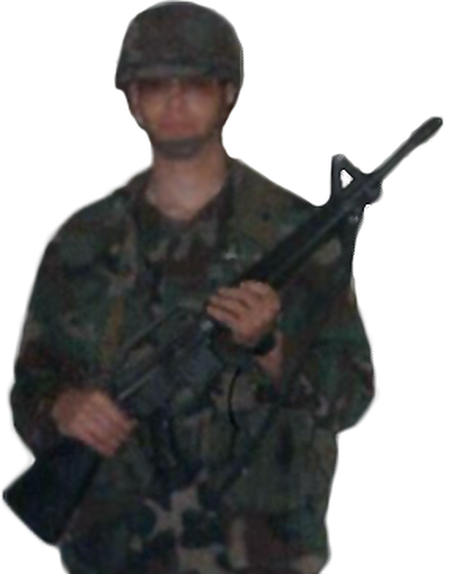
Primary Drill Sargent was 82nd Airborne
For a Photoshop class assignment in 2013, I used the photo on the left to create this collage. Many images on this page are digitally repaired, but not altered to affect the originality. This is obviously the only one... "stolen valor" for entertainment.
01-05_letters_to_mom.pdf
File Size:
8324 kb
File Type:
pdf
06-13_letters_to_mom.pdf
File Size:
5082 kb
File Type:
pdf
14-21_letters_to_mom.pdf
File Size:
4999 kb
File Type:
pdf
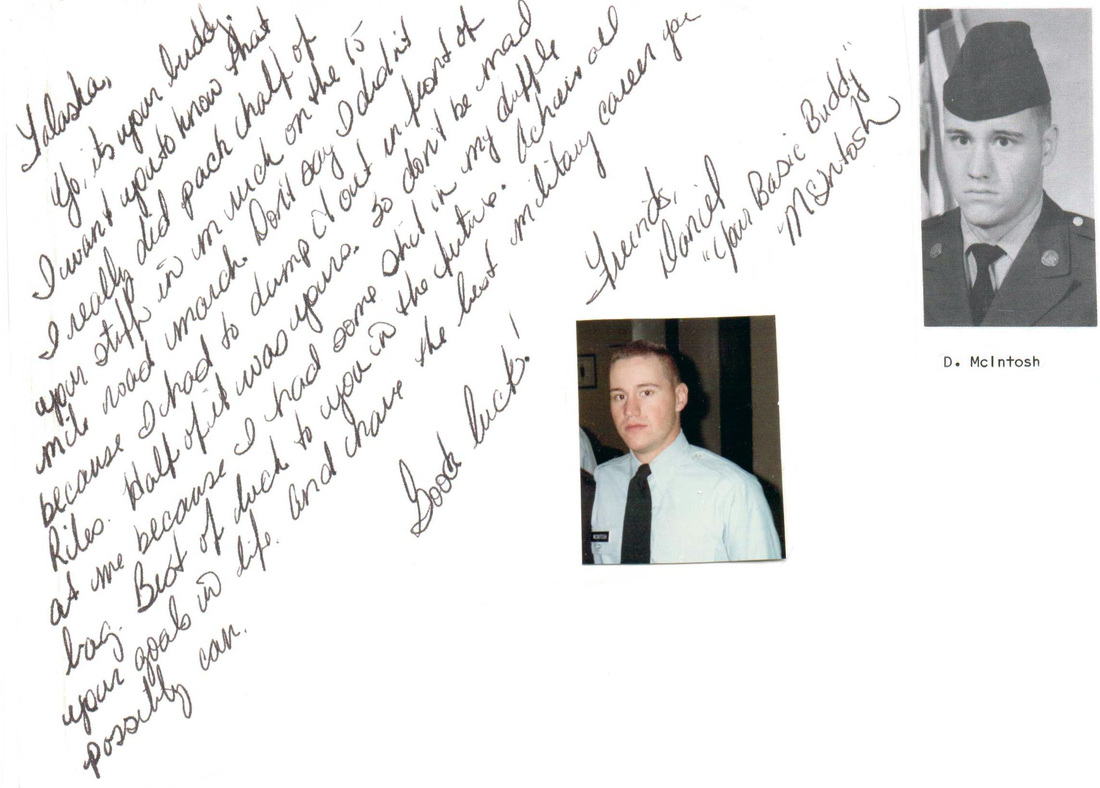
Photos Digitally Repaired & Page Built by Eric, May 21, 2014
Ancestors Who Served in any Military
Father's Presidential Certificate
15 US presidents were Army soldiers.
Only 28% of Americans age 17 to 23 qualify to serve in the Army.
The Army's aircraft predated the Air Force.
70% of all Medals of Honor were rewarded to Army soldiers.
The Army led the Lewis & Clark Expedition to map the USA.
The Army owns 15 million acres of land in the USA.

